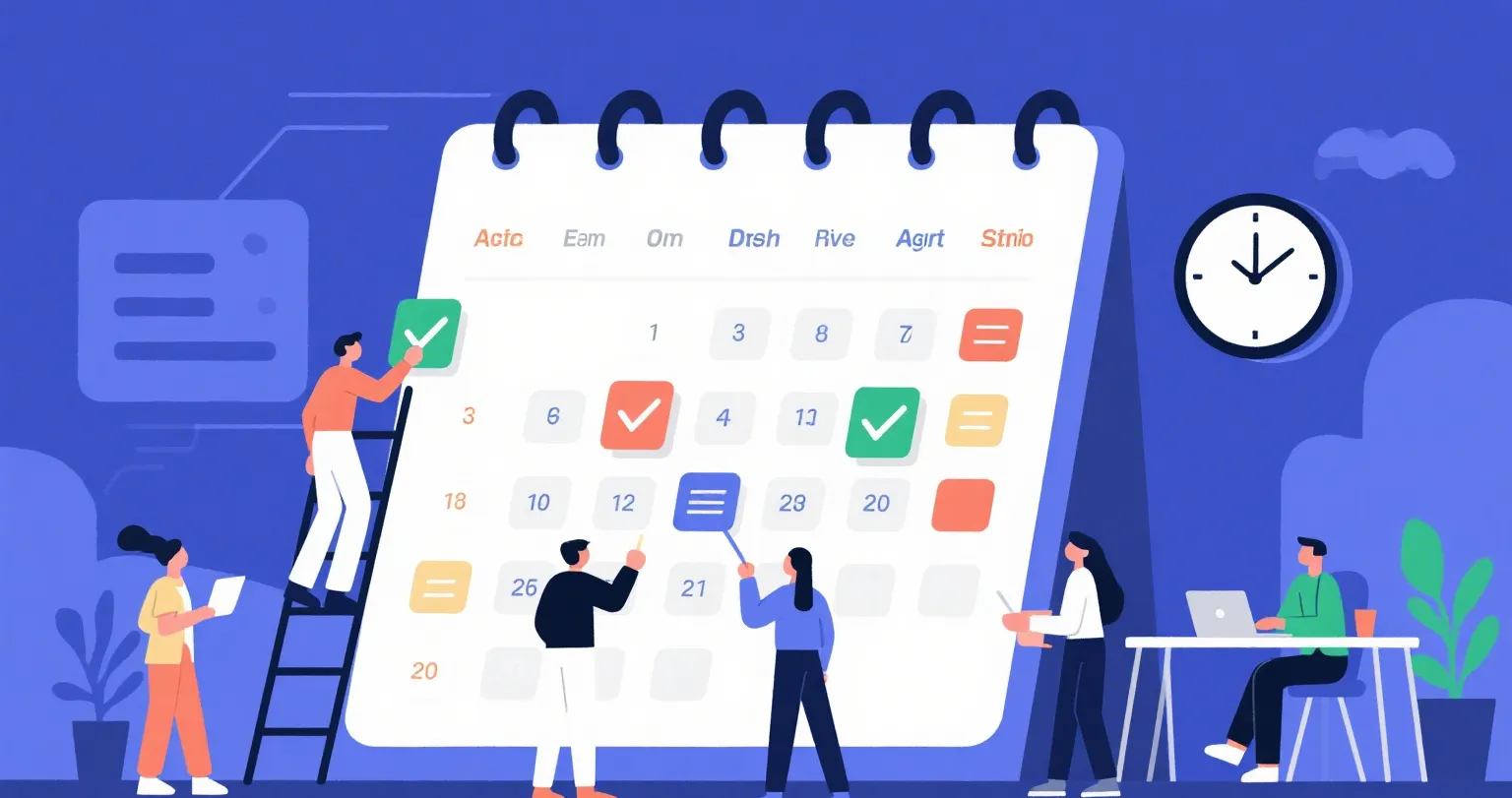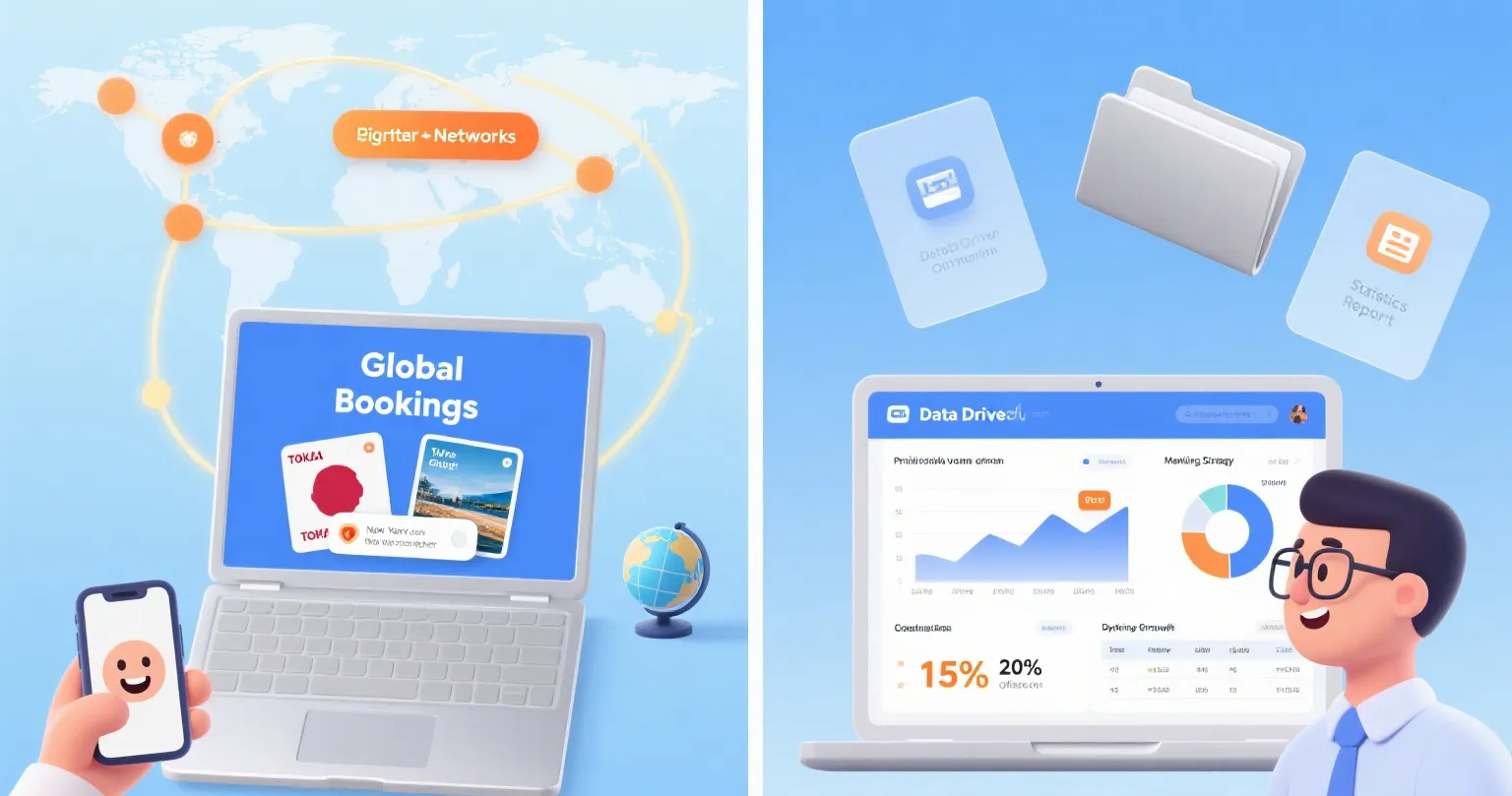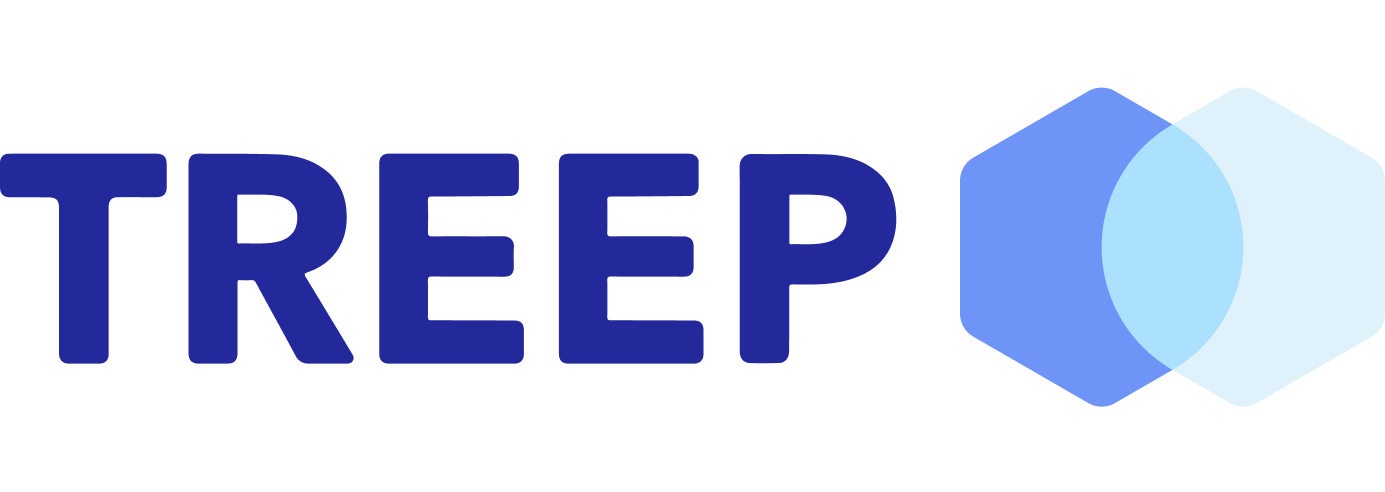- TREEP
- 2025-09-04 11:59:59
In the digital age, travelers' booking habits have long shifted from "phone inquiries + email confirmations" to "instant online operations" — over 50% of global travelers prefer to complete their bookings through online channels .
This trend has transformed the booking software from an "optional tool" into a "vital necessity for survival" for tourism businesses .
Whether it is a small family-run travel agency or a large scenic area operator, an efficient booking system can not only reduce administrative costs but also directly impact customer retention and market competitiveness.
What is a booking software?

To put it simply, booking software is a digital software solution whose core capabilities include:
- Supporting 24/7 online booking acceptance ;
- Synchronizing inventory and availability in real time to avoid overbooking;
- Integrating multiple sales channels ,such as official websites and OTA platforms ;
- Automating the entire "browsing - confirmation - payment" process.
It covers the complete journey of a traveler's booking:
From browsing tours and checking real-time availability, to making secure payments and obtaining vouchers. ——This is particularly important for the tourism industry, as travelers often plan their trips weeks or months in advance and have a strong demand for instant confirmation.
Why every tourism business needs booking software?
Meeting the Core Expectations of Modern Travelers
Today’s travelers, especially younger demographics, are already accustomed to "seamless booking experiences"—they are unwilling to make repeated calls to customer service just to confirm an itinerary, nor do they want to wait for email replies. Research shows that businesses not offering online booking will directly "discourage" potential customers; "Travelers expect instant, seamless booking experiences, which are the foundation for retaining customers."
Capturing Potential Bookings and Reducing "Opportunity Loss"
Manual booking management (e.g., Excel spreadsheets) leads to two major issues:
- First, "business hour restrictions"—while competitors are answering phone calls, your system can capture booking demands from late-night planners & early-bird bookers 24/7.
- Second, "human errors"—missed calls and incorrect order records will all result in customer loss, and online systems can avoid these problems.
Providing Data Support for Business Decisions
Whether it is optimizing products or adjusting pricing , data support is essential.
Booking softwares can track key metrics: core customer groups and high-revenue sales channels—these data points are the dividing line between "blind operations" and "targeted decision-making."
Booking Software’s Key Features: Front-End & Back-End
The functions of a booking software can be divided into "Front-End " and "Back-End ," and the two work together to ensure a smooth booking process.
Front-End Features :For Travelers
- 24/7 Booking Access: Through a booking widget embedded on the official website or a standalone page, travelers can operate at any time. For example, TREEP’s widget is compatible with all website builders ,such as WordPress and Wix, requiring no technical expertise.
- Instant Confirmation & Mobile Tickets: After completing a booking, the system automatically sends a confirmation email and generates mobile tickets—travelers do not need to print them; they can simply scan the QR code at the venue for check-in, greatly simplifying the process.
- Secure Payment Gateways: Integrate mainstream payment methods, such as Stripe, PayPal, and Apple Pay.
Back-End Features :For Businesses
- Integrate all online channels and offline bookings, synchronize inventory in real time; uniformly manage OTA orders to fundamentally eliminate double bookings.
- Channel Management: Help businesses expand sales channels without the need to manually maintain multiple platforms. Easily achieve "manage in one place, sell across multiple ends."
- Reporting & Resource Management: Support resource management—allocate staff and vehicles based on booking data to avoid overstaffing in off-seasons or understaffing in peak seasons.
Booking Software’s Core Benefits——Empowering Businesses in Three Dimensions
Operational Efficiency
- Reduce labor costs: Automate confirmation emails.
- Avoid human errors: Real-time availability updates prevent overbooking; centralized management reduces the hassle of "verifying across multiple platforms" and lowers the risk of order errors.
Customer Experience
- Seamless Journey: From "browsing products" to "post-purchase follow-up," travelers do not need repeated communication—TREEP’s automated emails inform them of "pre-trip notes," and mobile ticket check-in can be done on smartphones, meeting modern travelers’ demand for "convenience."
Business Growth
- Expand Global Customer Base: Through OTA channels and partner networks, small businesses can also reach international travelers and break through geographical limitations.
- Data-Driven Decision-Making: With statistics, businesses can optimize pricing and adjust marketing strategies, ultimately increasing the number of bookings.

Conclusion & Tips
For tourism businesses, how to choose a booking software:
- Start-up small businesses: Prioritize "low cost + ease of use" — TREEP's Light Plan. It avoids high costs while meeting basic booking needs.
- Businesses needing channel expansion: Choose TREEP's Standard Plan, which is suitable for operators looking to reach global customers through OTAs (Online Travel Agencies) or partners.
- Businesses focusing on local services: Choose TREEP's Enterprise Plan, which can quickly enhance the booking experience for local customers.
Whether you’re a solo freelancer juggling client work or a large enterprise orchestrating multi-team collaborations, Treep flexes to match your unique operational needs.
Uncover how Treep can simplify your workflows, cut down on redundant tasks, and elevate overall productivity—start your 15-day free trial now!

Test the smoothness of the booking widget and the ease of dashboard operation in person to ensure the system aligns with your own operational habits. After all, a booking software is not just a "tool", but also the core engine for tourism businesses to "stay competitive" in the digital age.
